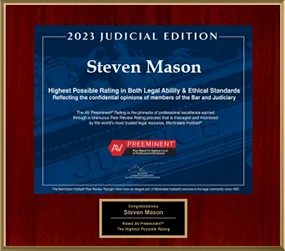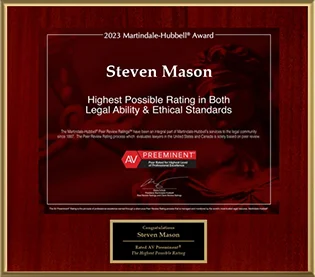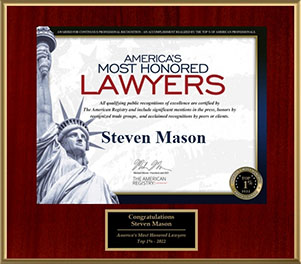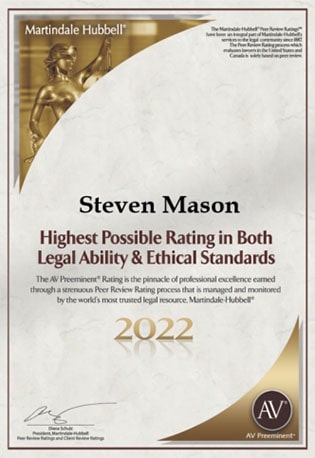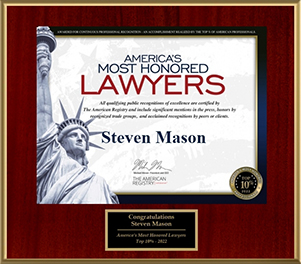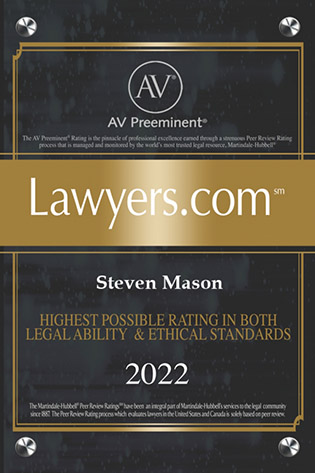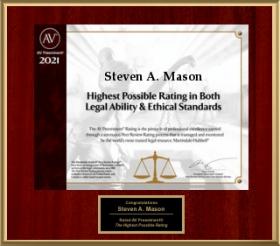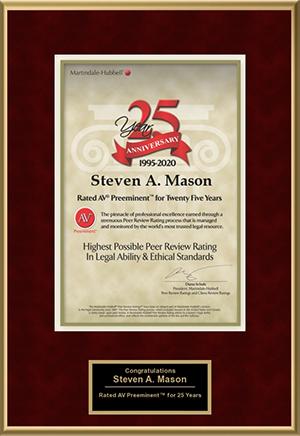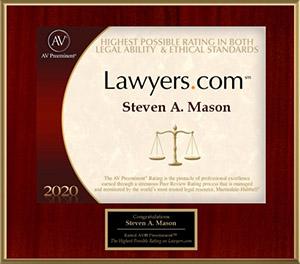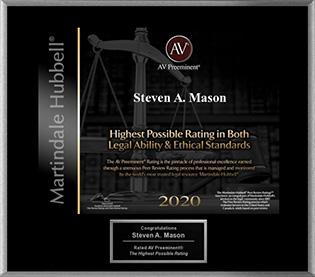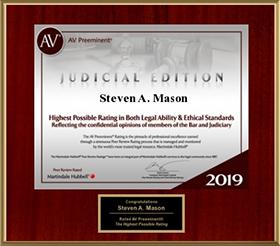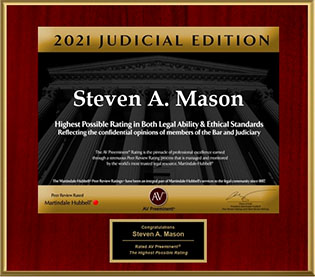The Role of a Personal Representative In Probate Proceedings

When a person passes away, and they leave a will behind, there is a specific process that the state wants their heirs to follow in terms of liquidating the estate. With very rare exceptions, every person passes away with at least some assets to their name – items such as automobiles, land, and smaller personal property like mementoes. It is not the job of the heirs collectively to distribute that property – they nominate (or the deceased person nominated in their will) one person to serve as what Florida law calls the personal representative (PR) or executor of the estate. They will have, if they accept the appointment, a somewhat nebulously defined slate of duties to perform.
Acting On Behalf Of The Deceased
The short answer is that the personal representative makes decisions that would normally fall to the deceased if they were still alive. Everything from conducting an inventory of estate assets to obtaining relevant insurance coverage to managing creditors is at least partly under the PR’s purview. Most of the PR’s time will be eaten up by questions related to the decedent’s assets, however – especially if the person passed suddenly, there will almost certainly be questions, and in addition to the person’s creditors, the court requires an accounting before and after the process of distribution begins.
One of the PR’s most critical duties is to do a “diligent search” to ensure that all creditors who may have claims on the estate are found and informed. Small bills and expenses under a certain amount can generally be paid by the PR. Larger amounts owing require the PR to send the creditor notice of how and when to file a claim against the estate, and a failure to do so can cause serious problems. If all goes according to plan, each creditor will be paid out of the total amount of assets available to the estate, with unsecured creditors being less likely to receive payment than secured creditors.
Breaches of Fiduciary Duty
Given that in the significant majority of cases, the personal representative’s authority comes directly from the deceased person’s will – they are said to exercise “fiduciary” authority – it is important that they use it appropriately. If it is alleged that you are abusing your authority or that you have not complied with any of the duties required of you as personal representative, you can be charged with the breach of fiduciary duty, which may have serious consequences.
It is also worth mentioning that whether or not you are removed as fiduciary, you may generally not use any estate assets to defend yourself against a claim for breach (Probate court does not have a hard and fast rule, but it is discouraged because if you were to lose, you would have to repay the estate). A breach of fiduciary duty in administration of an estate can be even more serious depending on the nature of the breach – for example, if you consciously embezzle estate funds, you might conceivably face criminal charges in addition to the civil suit for breach of fiduciary duty.
Consult A Probate Attorney
If you are chosen as the personal representative of an estate, it is understandable to feel overwhelmed, but with knowledgeable legal help, the process can and does go smoothly. The Hollywood probate attorneys at the Law Firm of Steven A. Mason, P.A. can work with you and try to answer any questions you might have during the probate process. Contact the Fort Lauderdale and Hollywood Law Offices of Steven A. Mason, P.A. for legal advice at 954-963-5900 or leave a message online.
Resource:
flsenate.gov/Laws/Statutes/2012/733.2121


